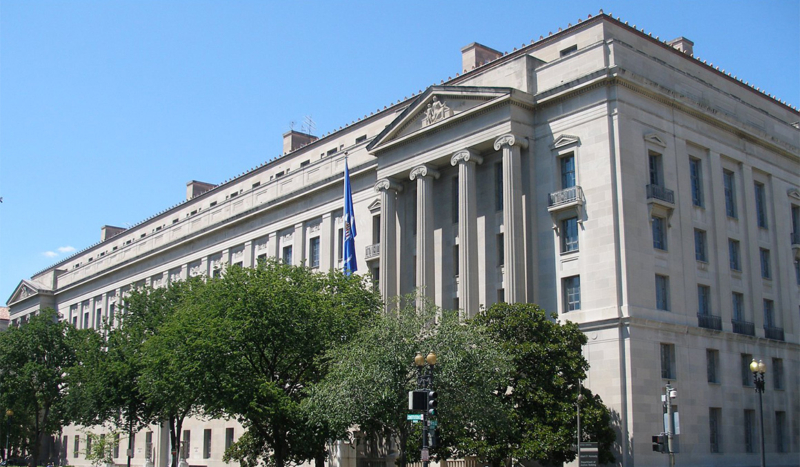
Wikimedia Commons
CV NEWS FEED // The U.S. Department of Justice (DOJ), 19 states, legal scholars, and major faith groups have filed friend-of-the-court briefs urging the Supreme Court to rule in favor of Catholic Charities in a case challenging Wisconsin’s refusal to recognize the organization as a religious ministry.
The case, Catholic Charities Bureau v. Wisconsin Labor & Industry Review Commission, stems from a March 2024 Wisconsin Supreme Court decision that classified Catholic Charities’ service to the poor and disabled as “primarily secular.”
As a result of the decision, the ministry was denied a religious exemption from state law and forced to participate in a less efficient and more costly state-run unemployment program instead of the Wisconsin Catholic Church’s system, according to a Feb. 4 news release from nonprofit legal organization Becket Law, representing Catholic Charities.
The Wisconsin ruling stated that Catholic Charities does not qualify for a religious exemption because it does not exclusively serve or employ Catholics, and could only receive such an exemption if it restricted hiring to Catholics and sought to convert those it served.
Catholic Charities argues that its work — serving the vulnerable regardless of their faith — is central to its Catholic identity. The organization filed an appeal with the U.S. Supreme Court in August 2024, and the Court agreed in December to hear the case.
The DOJ rejected Wisconsin’s argument and stated that the ruling violates the U.S. Constitution. A coalition of 19 states, led by Ohio, contends that the ruling contradicts the First Amendment and centuries of religious tradition.
Major religious organizations, including the United States Conference of Catholic Bishops, the Church of Jesus Christ of Latter-day Saints, and the Seventh-day Adventist Church, have expressed concern, stating that courts should not dictate how religious groups operate their ministries.
“This outpouring of support shows just how ludicrous Wisconsin’s position is,” said Eric Rassbach, vice president and senior counsel at Becket. “As these vast swathes of society attest, courts should not be in the business of telling churches how to church. We’re confident the Court will confirm that commonsense principle.”
Religious liberty scholars, including Michael McConnell and Douglas Laycock, have also criticized the decision, arguing that the Wisconsin Supreme Court overstepped its bounds by attempting to define what constitutes religious activity.
“Wisconsin is trying to make sure no good deed goes unpunished,” Rassbach said in December. “Penalizing Catholic Charities for serving Catholics and non-Catholics alike is ridiculous and wrong.”

